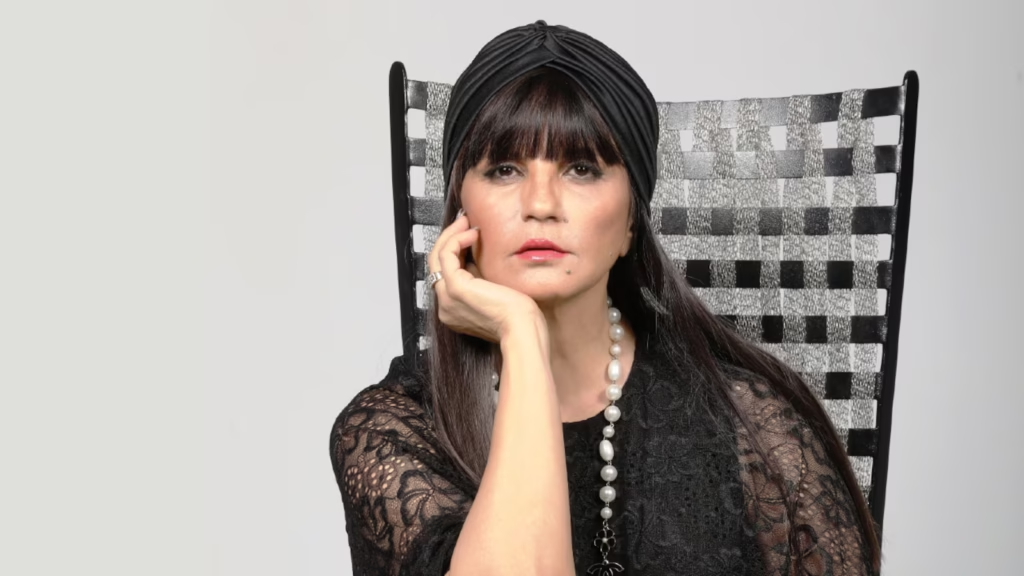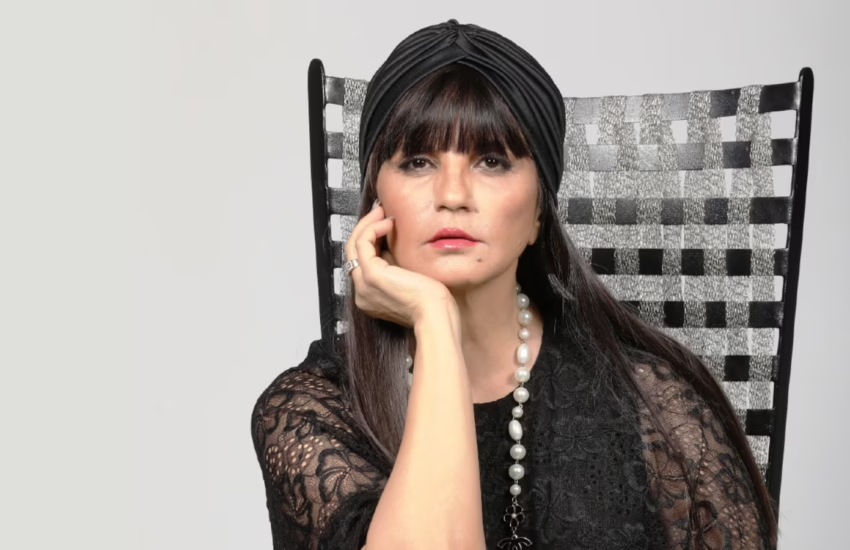
Neeta Lulla: The Queen of Costume Design and Indian Couture
In the vast and vibrant world of Indian fashion, Neeta Lulla stands tall as a pioneering figure whose designs have adorned Bollywood’s biggest stars and global icons alike. With a career spanning over three decades, she is not only a four-time National Film Award winner but also a name synonymous with elegance, tradition, and storytelling through couture. From creating iconic film costumes to shaping bridal trends, Neeta Lulla’s success story is a blend of passion, perseverance, and deep cultural pride.
Early Life and Education
Neeta Lulla was born in Mumbai, India, where she grew up with a keen interest in fashion and movies. Initially, she had aspirations of becoming a choreographer. However, fate had different plans. After marriage at a young age, Neeta joined the SNDT Women’s University in Mumbai to study fashion design. She entered the world of fashion with curiosity and determination, eventually discovering her true calling in costume design and fashion couture.
Her academic training provided her a strong foundation in textiles and garment construction, but it was her imaginative approach and attention to detail that soon set her apart from her peers.
Breaking into the Industry
Neeta began her career working as a fashion choreographer and stylist, but her true breakthrough came when she started designing costumes for Bollywood films. In an era when costume design was not given the prominence it enjoys today, Neeta brought a level of artistry and professionalism that changed the perception of fashion in Indian cinema.
Her first major project came with the film Tamacha (1988), but it was Yash Chopra’s Lamhe (1991) and Subhash Ghai’s Khalnayak (1993) that put her in the national spotlight. She later gained legendary status for designing the elaborate, royal costumes in Ashutosh Gowariker’s Jodhaa Akbar and Sanjay Leela Bhansali’s Devdas.
National Acclaim and Awards
Neeta Lulla is one of the few designers who has successfully bridged the gap between commercial cinema and high fashion. Her costumes in films like:
- Devdas (2002) – Opulent lehengas and sarees, rich in embroidery and detail.
- Jodhaa Akbar (2008) – Majestic Mughal and Rajput ensembles.
- Balgandharva (2011) – Authentic period attire reflecting Marathi theatre tradition.
- Mohenjo Daro (2016) – Prehistoric costumes based on extensive historical research.
…have earned her four National Film Awards for Best Costume Design, making her the most decorated costume designer in Indian film history.
Her costumes didn’t just support the characters—they defined them. With every pleat, drape, and embellishment, Neeta Lulla told stories that resonated with both Indian and global audiences.
Bridal Wear and Fashion Legacy
While cinema may have made her famous, Neeta Lulla’s bridal couture collections have made her a household name among Indian brides. Her bridal designs are known for their regal aesthetics, blending traditional Indian embroidery techniques with modern silhouettes. Each collection reflects a deep understanding of Indian culture, textile heritage, and the emotions surrounding marriage.
Neeta has dressed hundreds of brides—including celebrity weddings—offering bespoke experiences that elevate wedding couture to an art form. Her clients include Aishwarya Rai Bachchan, Esha Deol, and Genelia D’Souza, among many others.
Innovator and Educator
Neeta Lulla is also a fashion educator and mentor. Understanding the need to groom the next generation of designers, she launched The Whistling Woods – Neeta Lulla School of Fashion in collaboration with filmmaker Subhash Ghai’s Whistling Woods International. The school focuses on creative design thinking, practical skills, and industry-readiness.
Through her institute, she is passing on her wealth of knowledge and experience to the young minds who will shape the future of Indian fashion.
Commitment to Sustainability
In recent years, Neeta Lulla has become an advocate for sustainable fashion. Her collections have embraced handloom fabrics, natural dyes, and eco-friendly production methods. She believes in empowering artisans and reviving forgotten crafts through her work.
For Neeta, sustainability is not just a trend—it is a responsibility. She works closely with weavers and traditional craftspeople across India, ensuring that their artistry is preserved, respected, and celebrated on global platforms.
Challenges and Resilience
Like many successful people, Neeta Lulla’s journey hasn’t been without challenges. She entered the fashion industry at a time when female designers had limited visibility, and costume design was undervalued in the film industry. Balancing motherhood, a marriage, and a demanding career in fashion required immense discipline and passion.
Yet, through every obstacle, she reinvented herself—whether by adapting to the digital age, embracing new aesthetics, or educating young designers. Her resilience has been the backbone of her sustained relevance in a highly competitive industry.
Global Influence
Neeta Lulla’s work has crossed borders. She has showcased her collections at international fashion weeks and dressed global icons. Her attention to detail and storytelling through design have been appreciated by fashion lovers around the world. Whether it’s a bridal trousseau or a historical costume, her designs are marked by exquisite craftsmanship and emotional depth.
A Lasting Legacy
Today, Neeta Lulla is more than just a designer—she is a symbol of excellence, empowerment, and evolution. With over 300 films to her credit, countless fashion shows, and thousands of brides dressed in her creations, her contribution to Indian fashion is monumental.
What truly sets her apart is her passion for culture, her love for storytelling, and her vision to create fashion that is timeless and meaningful.
